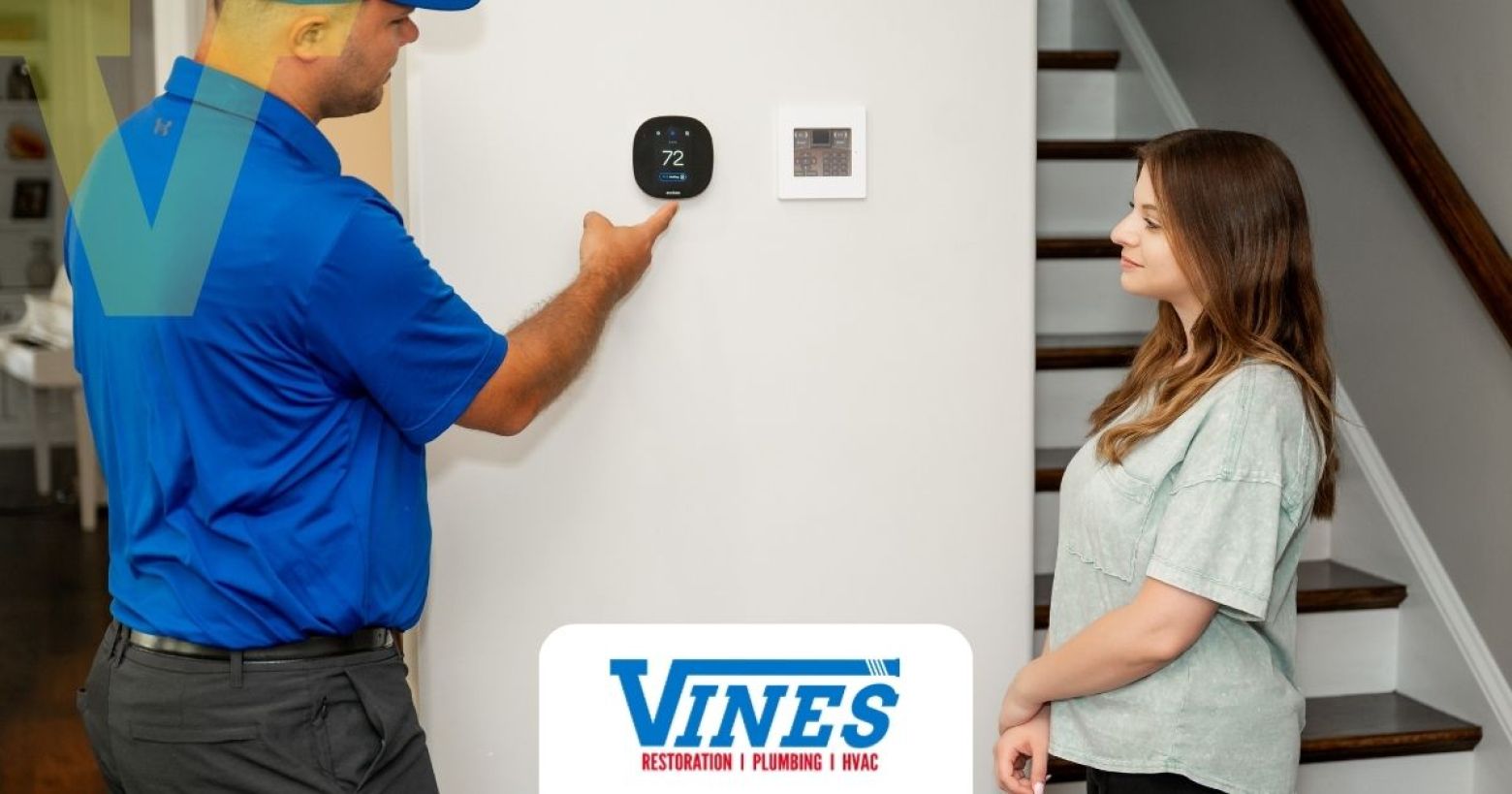Understanding HVAC Energy Efficiency Ratings And How Do They Affect Your Energy Bills
As a homeowner, you want to make sure your home is comfortable all year round while not taking too much of a toll on your energy bill. Understanding HVAC energy efficiency ratings allows for you to find the best option to ensure comfortability and savings at the same time. In this blog post, we’ll break down what these ratings mean, to give you an idea of how they can affect your energy bills. We’ll also explore some tips and best practices that can help save money on power costs without compromising any level of comfort. By understanding more about the various aspects that go into assessing how efficient HVAC equipment is, homeowners can plan their purchases accordingly and reap long-term rewards in terms of lowered electricity consumption – saving both money and resources!
What are HVAC Energy Efficiency Ratings are and why do they matter?
HVAC Energy Efficiency Ratings, also known as SEER, EER, and HSPF, are vital measurements that help homeowners determine how energy-efficient their HVAC system is. SEER stands for Seasonal Energy Efficiency Ratio, which measures the cooling output of an air conditioner in relation to how much energy it uses. EER, or Energy Efficiency Ratio, is a similar measurement, but it only considers the AC’s energy output in a single test condition rather than throughout an entire season. Heat pumps are rated by HSPF, or Heating Seasonal Performance Factor, which measures the heating output over a season compared to the energy usage. With all these different measurements, it can be overwhelming to decide which rating is most important to consider. However, by understanding these ratings, homeowners can make informed decisions when purchasing a new HVAC system, as higher energy efficiency ratings typically result in lower utility bills and environmental impact. Overall, energy efficiency ratings matter because they can help save homeowners money while reducing their carbon footprint.
Evaluating different types of HVAC systems and their efficiency ratings
When it comes to HVAC systems, efficiency is key. There are several types of systems available, each with differing levels of efficiency ratings. For example, a central air conditioning system can have a SEER (Seasonal Energy Efficiency Ratio) rating ranging from 13 to 25, with higher ratings indicating greater efficiency. In comparison, a ductless mini-split system typically has a SEER rating between 16 and 23, while a geothermal heat pump system can have an impressive rating of up to 48. It’s important to evaluate the different types of HVAC systems and their efficiency ratings to determine which one will best suit your needs and result in long-term energy savings.
The benefits of higher energy efficiency ratings for your home
Making your home more energy efficient can have a number of benefits. For starters, it can help lower your energy bills by reducing the amount of power you use. Beyond that, it can also make your home more comfortable by keeping it at a more consistent temperature throughout the year. And it’s good for the environment, too! By using less energy, you’re reducing your carbon footprint and helping to reduce the amount of greenhouse gases in the atmosphere. To achieve these benefits, it’s worth considering updating your home’s insulation, sealing any leaks, choosing energy-efficient appliances and using low-energy lighting options. With energy-efficient measures in place, you’ll not only save money and improve your comfort levels, you’ll also be doing your part to help the planet.

Vines
Contact Us
Please fill out the form below to request an estimate or schedule service.
Contact Form
"*" indicates required fields









